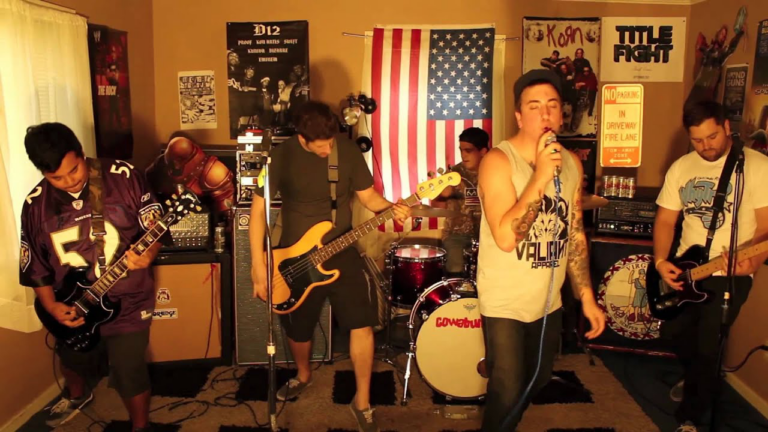If you are local to New Brunswick, or if you drink Moosehead beer, you likely know the story of the Oland murder.
On July 7, 2011, Richard Oland, 69-year old businessman and member of the family that owns Moosehead Brewing Co., was murdered in Saint John, New Brunswick. His son, Dennis Oland, was quickly presented as the prime suspect, due to physical evidence and a history of familial disputes.
The entertainment company, eOne, premiered a new limited series, The Oland Murder, on March 4. This series explores the investigation following the murder, and the resulting trial, which saw Dennis Oland sentenced to life in prison.
The documentary team, lead by Deborah Wainwright, gained access to the media-wary family, closely documenting their journey following his conviction in 2016, while shedding further light on the years following the 2011 murder.
While most true crime documentaries tell the story after the fact, Wainwright saw the opportunity to begin covering the story before a final decision had been made. She, and her team, began reaching out to the Oland family and the defence team asking to gain access “behind the front lines.”
With exclusive access, they captured the legal team’s efforts to obtain an appeal, eventually leading to a retrial in which Dennis Oland’s conviction was overturned. On July 19, 2019 Dennis Oland was found not guilty of the murder of his father.
The exclusive access that was given to The Oland Murder’s production team has been under scrutiny recently, as information has surfaced exposing a familial link between the documentary team and a key member of the trial. Caitlin Gold Teitelbaum, a co-producer on the eOne series, is the daughter of Dennis Oland’s lead defence lawyer, Alan Gold. The Brunswickan has reached out to representatives of eOne, but as of the publication of this article, has yet to receive a response.
When asked what drew her to the case, Deborah Wainwright explained that, “there is something about this story of a patricide that is really quite shocking.”
Wainwright was based in Vancouver at the time, but chose to move to Saint John when filming began. With little knowledge of the criminal justice system, and the time it takes to reach a conviction, “it was really hard to know when the story was going to end.”
The series itself is unsettling, yet beautiful, as it uses artist-rendered animations reminiscent of courtroom sketches, to depict the efforts of Dennis Oland’s defence team. Accompanying the animations were spoken reenactments of the trial, played out by actors, which worked to create a “dynamic” and multi-dimensional experience for the viewer.
The 4-episode series ended with it’s finale on March 25, 2020 on CBC. The proximity of this murder to the University of New Brunswick creates an uneasy familiarity, and makes for an eerily appealing viewing experience for students who enjoy true crime.




